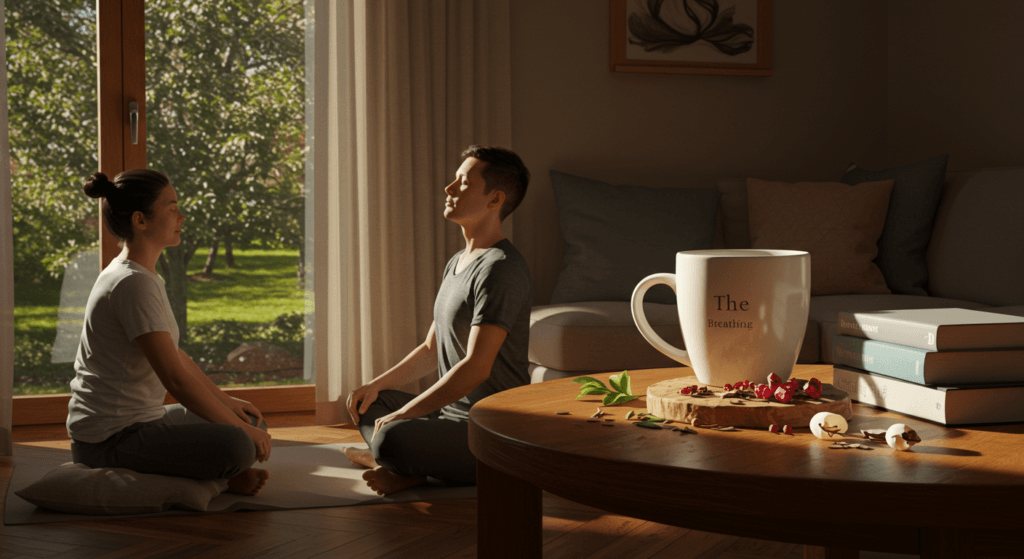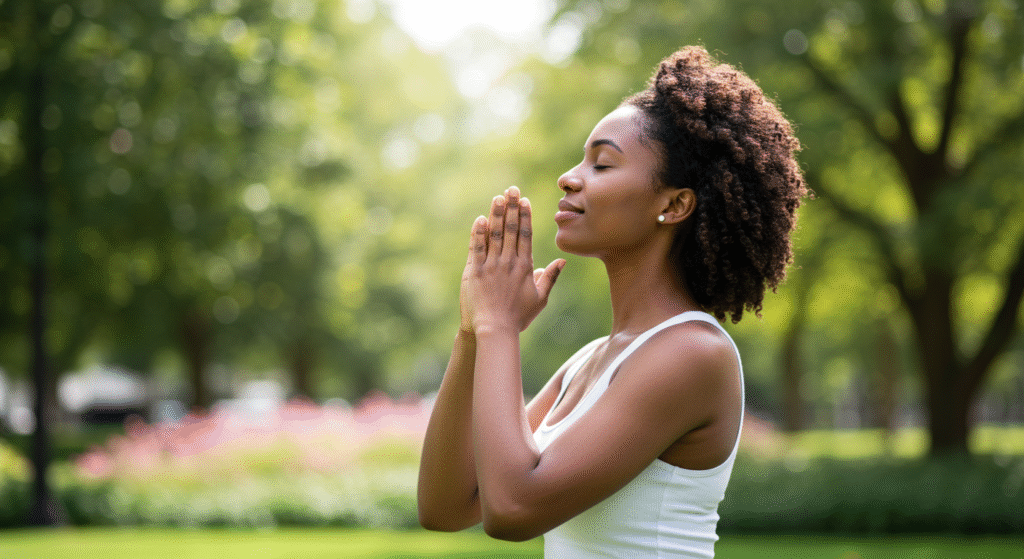
Feeling stressed, overwhelmed, or stuck in a negative mindset? You’re not alone. Life’s challenges can weigh us down, but there’s a simple and scientifically backed way to boost your mood and overall well-being: gratitude. Studies show that practicing thankfulness can improve mental health, reduce stress, and even enhance relationships.
But how does it work, and how can you incorporate it into your daily life? Let’s dive into the science and practical ways to make appreciation a habit.
Pro Tip: Start today by writing down three things you’re grateful for! Small, consistent actions lead to big mental health improvements.
The Science Behind Gratitude and Mental Health
Gratitude is more than just expressing “thank you.” It’s a mindset that encourages you to focus on what you already have instead of what you lack. Research has found that people who regularly practice appreciation experience lower levels of anxiety, depression, and stress.
How Gratitude Affects the Brain
Recognition activates several key areas of the brain, including:
- The prefrontal cortex: Involved in making decisions and managing emotions.
- The amygdala: Helps process emotions and reduces fear and stress responses.
- The dopamine system: Triggers pleasure and motivation, making you feel happier.
Writing down things you’re grateful for, even for just a few weeks, can help shift your mindset toward a more positive and optimistic outlook.
The Mental Health Benefits of Gratitude
Here’s how practicing gratitude can positively impact your mental well-being:
1. Reduces Stress and Anxiety
Shifting your focus to the positive aspects of your life can help ease stress and worry, promoting a greater sense of calm and well-being.
2. Boosts Mood and Happiness
Practicing thankfulness can help boost serotonin and dopamine, neurotransmitters associated with feelings of happiness and well-being. Many people report feeling more positive and less overwhelmed when they make thankfulness a regular habit.
3. Improves Sleep Quality
Struggling with insomnia or restless nights? Gratitude can help! Writing down things you’re grateful for before bed has been shown to reduce negative thoughts and improve sleep quality.
4. Strengthens Relationships
Expressing gratitude strengthens social bonds. When you show appreciation for others, they feel valued and are more likely to reciprocate, fostering stronger connections.
5. Enhances Self-Esteem
By focusing on what you have rather than what you lack, gratitude reduces envy and comparison, leading to a more positive self-image.
How to Practice Gratitude Daily
Incorporating gratitude into your routine doesn’t have to be complicated. Here are some simple ways to make it a daily habit:
- Keep a Gratitude Journal
- List three things you appreciate every day.
- Be specific and focus on small details.
- Express Appreciation to Others
- Send a thank-you note or text.
- Compliment a friend, family member, or colleague.
- Practice Gratitude Meditation
- Take a few minutes daily to reflect on positive moments.
- Focus on feelings of gratitude in the present moment.
- Reframe Negative Situations
- Instead of dwelling on problems, ask: What can I learn from this?
- Shift your focus to potential growth and positives.
- Create a Gratitude Jar
- Write down one thing you’re grateful for each day and place it in a jar.
- Read them at the end of the month to see all the good in your life.
The Power of Gratitude: Real-Life Example
Oprah Winfrey, a strong advocate of thankfulness, has kept a gratitude journal for years. She credits this practice as one of the main habits that has transformed her mindset and her success. If it works for Oprah, it can work for you too!
Table: Gratitude vs. Negative Thinking
| Aspect | Gratitude Mindset | Negative Thinking |
|---|---|---|
| Focus | What’s going well | What’s missing |
| Emotional Impact | Increases happiness | Increases stress |
| Social Effect | Strengthens relationships | Creates distance |
| Health Benefits | Lowers anxiety & improves sleep | Weakens immune system |
If you’re on a mobile, you might have to swipe left.
FAQ
Key Takeaways
- Reduces Stress: Practicing appreciation helps lower stress levels, enhancing mental well-being.
- Boosts Mood and Sleep: It elevates your mood and promotes better, more restful sleep.
- Strengthens Relationships: Expressing appreciation fosters deeper connections and improves self-esteem.
- Simple Daily Habits: Journaling, showing appreciation, and reframing negative thoughts can create lasting positive changes.
- Backed by Science: The benefits of appreciation are supported by research and easy to incorporate into daily life.
If you found this article useful, share it with a friend and subscribe to our free newsletter at the bottom of the page so I can send you more Mental Health tips.



